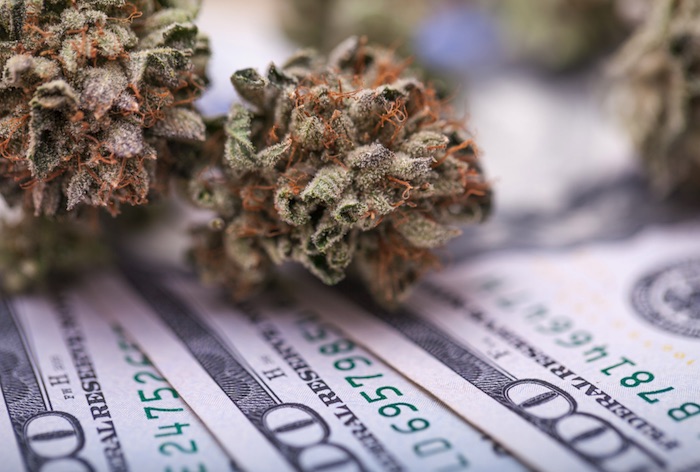BOSTON – Massachusetts already has one of the highest performing economies in America, according to recent surveys, along with the best unemployment rate in 16 years. So how can things get better? The emergence of a new industry – devoted to legalization of marijuana.
The decision by Massachusetts voters to legalize the use of recreational marijuana has created an industry that brings with it additional tax revenue, job creation, marijuana and accessory sales, and even a new form of tourism. Recreational marijuana is expected to become a $1.17 billion industry by 2020, advocates say.
With the new recreational marijuana legislation, there is potential for larger revenue than (generated by) cigarettes and alcohol,†said Randall Ellis, an economics professor at Boston University and former president of the American Society of Health Economi
Ellis, a supporter of legalization, said the eventual shape of that industry will emerge from work of a new legislative committee working to clarify the law slated to go into effect in July 2018.
Ellis explained an important aspect of this legislation is the opportunity for “canna-tourism†to emerge, where people travel to a region or state to take advantage of legalized mariju
Research from multiple marijuana data and investment firms predict Massachusetts can become such a travel destination. If correct, an influx of tourists to Massachusetts can expand the economic impact of this legislation far beyond simply the marijuana industry.
In Colorado, marijuana-specific tourism companies offer tourists bus tours to see industrial growers and smoke, marijuana-friendly hotels that allow smoking in rooms, classes and activities such as “cooking with cannabis†or “puff, pass, and paint†classes and even services at hotels that include an in-room, cannabis-infused
In 2015, 16.4 million people visited Colorado, over a million more from the previous year.
According to a study by the Colorado Tourism Office in 2015, 23 percent of tourists said the availability of legal marijuana positively influenced their decision to visit the state. Another study done by the Colorado Department of Revenue in 2014 showed that out-of-state visitors make up half of the marijuana sales in Denver and 90 percent in mountain communities.
The study also found that throughout the state, tourists account for 7 percent of marijuana demand.
Although the idea of a new tourism genre is intriguing, the main impact on the economy will come from sales and tax revenue.
According to a 2016 report by the Special Senate Committee on Marijuana, Massachusetts could collect anywhere from $50 to $60 million in annual taxes and fees within the first few years of legalization. Colorado collected $129 million in marijuana-related tax revenue over a 12-month period last year and Washington state totaled $220 million. Both states legalized recreational marijuana in 2012 ballot initiatives. In Oregon, where a law took effect in 2015, marijuana-related tax revenues are yielding around $4 million per month.
Tax collections in Massachusetts would likely be lower because unlike other states, Massachusetts does not tax medical marijuana purchases.
“It is difficult to extrapolate these data for Massachusetts as the proposed retail tax rate for the state is significantly less than that imposed in other jurisdictions,†said Paul Armentano, the deputy director of the National Organization for the Reform of Marijuana Laws (NORML), a Washington D.C.-based pro-legalization lobbying organization. “Further, lawmakers are discussing adjusting/raising this rate prior to the inception of retail s
The original referendum called for a state sales tax of 6.25 percent and an excise tax of 3.75 percent. Local municipalities will also have the option of placing an additional tax of up to 2 percent, bringing the total tax on marijuana to 12 percent. These tax rates are extremely low compared to other states with legalized recreational marijuana, Armentano said, noting Colorado imposes a 15 percent excise tax, a 10 percent state tax on sales, a sales tax of 2.9 percent and varied local taxes.
Washington state taxes marijuana at 37 percent, Oregon at 17 percent and Alaska at 25 percent.
credit: metrowestdailynews.com





